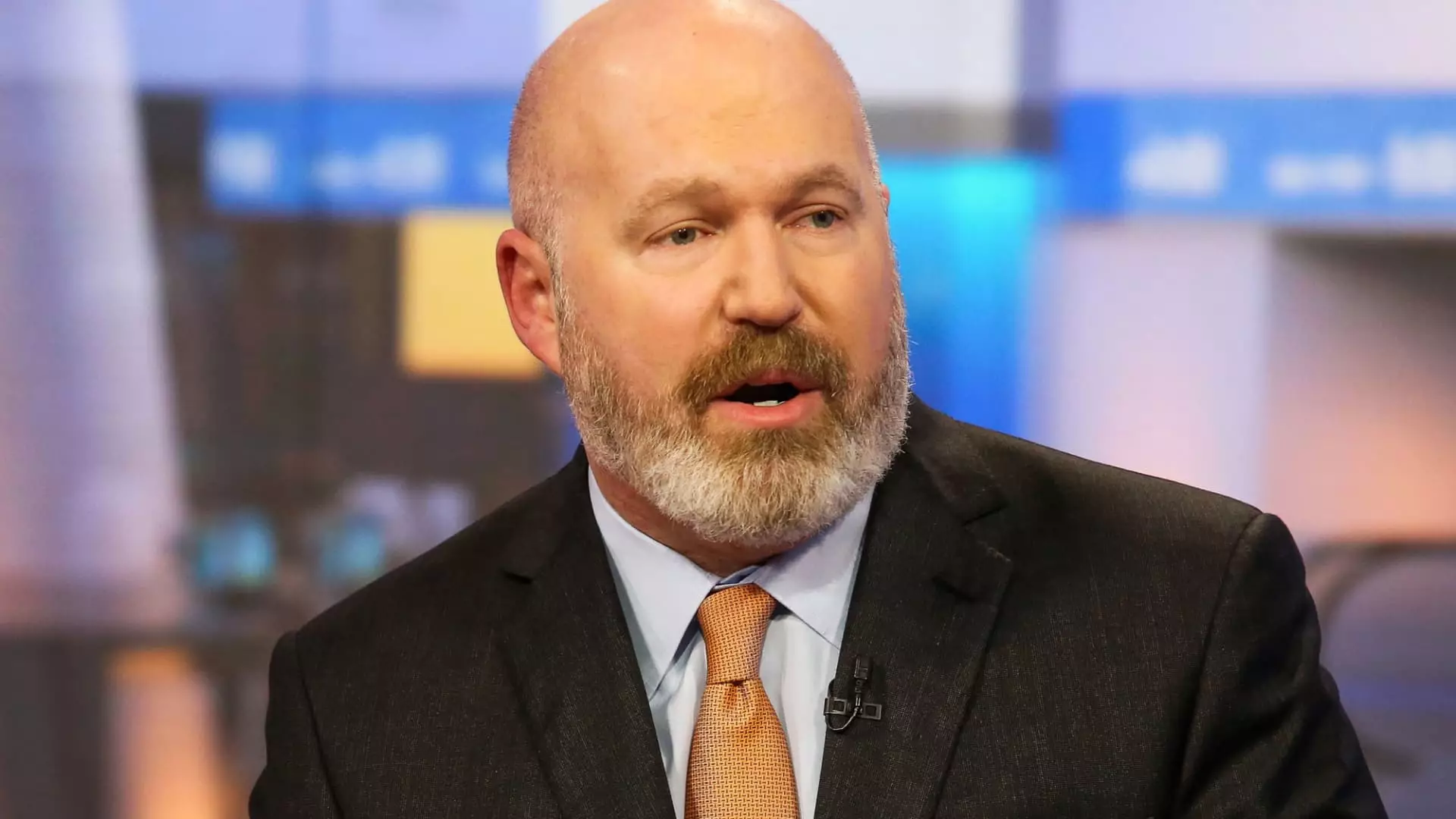In an unpredictable financial landscape marred by geopolitical tensions and economic uncertainties, it might seem naive to expect consistent growth. Yet, AQR Capital Management’s recent performance suggests a false sense of security. Their hedge funds, notably the Apex and Delphi strategies, have soared, nearly doubling the returns of the S&P 500 during the first half of 2025. Such outperformance during turbulent times challenges the notion that markets are inherently chaotic and unpredictable. Instead, it reveals that certain quantitative strategies can capitalize on volatility, creating an illusion of control where none truly exists. Investors should question the sustainability of this impressive rally, especially when it coincides with macroeconomic fragility and global unrest.
The Mirage of Risk Management
AQR’s success is often attributed to sophisticated risk models, diversified strategies, and data-driven decision-making. However, the reliance on quantitative analysis can be a double-edged sword. During extreme market upheavals, models based on historical data often falter, unable to predict unprecedented shocks. The firm’s impressive gains may obscure underlying vulnerabilities—overfitting to recent data, aggressive leverage, or complacency bred by past successes. The current rally, driven by seemingly relentless algorithmic trading, risks creating a false narrative: that volatility can be tamed through mathematical precision. This is a dangerous misconception, as history shows markets tend to punish overconfidence in models when unexpected crises unfold.
The Center-Left Perspective on Financial Power
From a center-left liberal standpoint, the concentration of assets and influence in firms like AQR raises broader questions about fairness and stability. While their innovative strategies generate profits, they also exemplify a system increasingly driven by opaque, algorithmic trading that can magnify systemic risks. Society must scrutinize whether such financial behemoths prioritize short-term gains over long-term economic resilience and equitable growth. The surge from $99 billion to $142 billion in assets under management within a year suggests a widening disparity of influence, fostering an environment where speculation and volatility become normalized rather than mitigated. A balanced financial ecosystem should emphasize transparency, regulation, and systemic safeguards, rather than unchecked profits rooted in complex algorithms that many understand only superficially.
The Fallacy of Unassailable Algorithms
The narrative that data and algorithms can fully conquer market unpredictability dangerously underestimates the human element and geopolitical variables. While AQR’s strategies thrived in recent months, history cautions against overreliance on technological mastery. Markets are shaped not only by numbers but also by political decisions, social upheavals, and unexpected crises—elements that no algorithm can comprehensively capture. The recent global escalation in the Middle East and trade disputes is a stark reminder: markets are inherently intertwined with human affairs, and their complexities cannot be distilled into models alone. The illusion that technology grants invincibility in investing fosters complacency, making investors vulnerable when the unpredictable inevitably occurs.
The Ethical Dilemma: Profit vs. Responsibility
The impressive achievements of firms like AQR fuel the debate about the role of finance in society. While their innovations can drive economic efficiency and provide diversification, they also exemplify a systemic trend toward profit maximization at the expense of societal stability. As they grow, these firms wield increasing influence that can shape markets and, by extension, societal well-being. It is crucial to question whether such concentrated financial power aligns with broader social interests, particularly when strategies rely on exploiting market inefficiencies with little regard for the human impact. Recognizing the limits of prediction and the moral responsibilities of big finance might encourage a more sustainable and equitable economic model—one that values stability and fairness over fleeting gains.


Leave a Reply